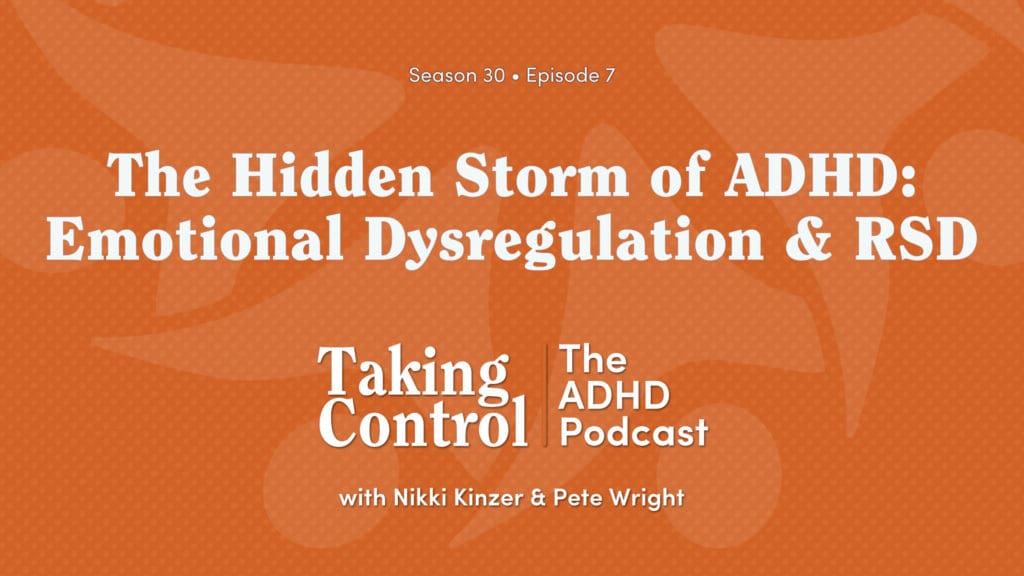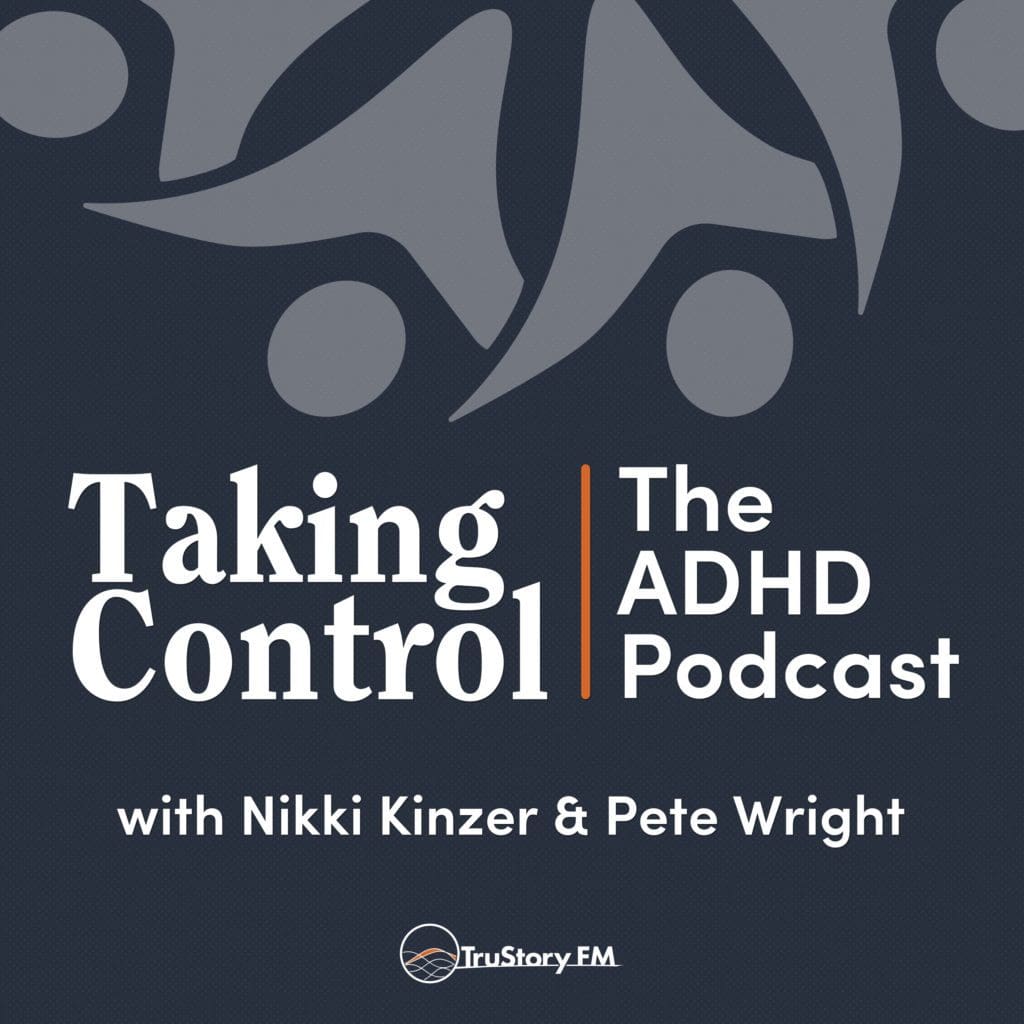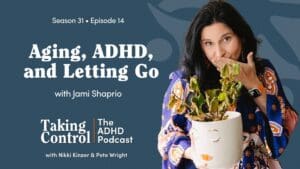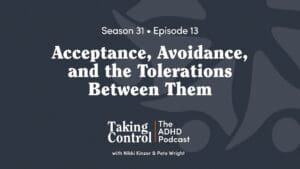Emotional dysregulation is one of ADHD’s most disruptive yet overlooked symptoms. It’s not just a passing mood or a fleeting frustration. For those with ADHD, emotions can spiral into sudden waves of intensity—anger, hurt, joy, or anxiety—seemingly out of nowhere. This week, Nikki and Pete explore the science and strategies behind this turbulent experience, offering insights to help listeners navigate its challenges.
At its core, emotional dysregulation is the brain’s difficulty managing emotions effectively. The overactive amygdala—the emotional alarm center—reacts strongly, while the underactive prefrontal cortex struggles to rein it in. When dopamine levels are low, the prefrontal cortex can’t regulate the amygdala, resulting in overwhelming emotional reactions. These aren’t just limited to anger or sadness; moments of extreme joy, excitement, or frustration can also feel uncontainable.
And then we have our dear friend, Rejection Sensitive Dysphoria (RSD), a particularly painful form of emotional dysregulation. RSD amplifies the sting of perceived rejection or criticism to an intense, often unbearable level. These emotional wounds, though short-lived, can ripple through relationships, self-esteem, and productivity. Many people find themselves stuck in cycles of avoidance, self-doubt, and shame, all of which undermine their ability to connect with others and move forward in their lives.
But there is hope. It turns out there are actually actionable strategies to manage emotional dysregulation, from mindfulness practices and therapy to building awareness of emotional triggers. Simple steps, like labeling emotions, taking deep breaths, or stepping away to reset, can make a real difference. For some, professional help, whether through coaching, medication, or therapy, provides essential tools to regain emotional balance and build resilience.
This episode sheds light on a hidden aspect of ADHD that affects everything from relationships to self-esteem. It’s a reminder that while emotional dysregulation is challenging, it’s also manageable with the right tools, support, and understanding.
Links & Notes
- ADDitude: Rejection Sensitive Dysphoria and Emotional Dysregulation
- Beyond BookSmart: ADHD and Emotional Dysregulation
- Emotion dysregulation and right pars orbitalis constitute a neuropsychological pathway to attention deficit hyperactivity disorder
- Uncovering the Roots and Evolution of Rejection Sensitivity Dysphoria – Neurodivergent Insights
- Rejection Sensitive Dysphoria and ADHD with Dr. William Dodson — Take Control ADHD
- Support the Show on Patreon
- Dig into the podcast Shownotes Database











